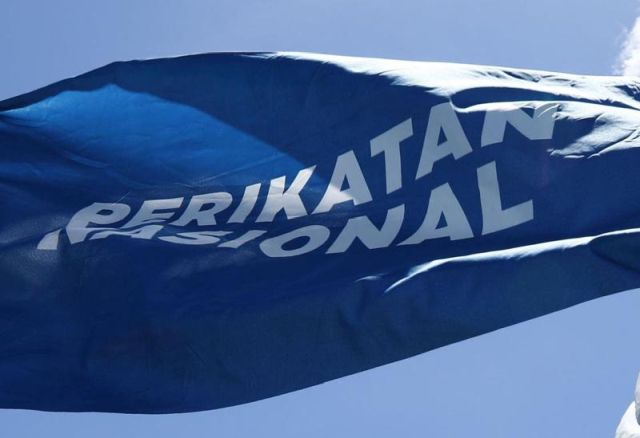The non-Malay, non-Muslim vote bloc and squabbles in PN
The reality of power politics in Malaysia is no coalition can come into power without the support of both the Malay Muslim bloc and the non-Malay, non-Muslim bloc.
It explains why the federal opposition bloc are government in the Malay heartland states such as Kelantan, Terengganu, Kedah and Perlis.
The failure to understand this is also why Pas is daring Gerakan to quit the federal opposition coalition, Perikatan Nasional.
The friction between Pas and Gerakan began over the issue of alcohol brewerage companies sponsoring vernacular schools.
It has become so bad that Bersatu man Datuk Wan Saiful Wan Jan has called upon the conflicting parties to discuss the issues over a meeting before airing dirty linen in the public.
Pas maybe banking its non-Malay support on its Pas Supporters Wing.
Thanks to Pas, only the Pas Supporters Wing chairman N Balasubramaniam is a senator in the Dewan Negara.
Leave aside Pakatan Harapan parties, even the MIC has one MP in Dewan Rakyat and several senators and state assemblymen in Melaka and Johor.
The same can be said about MIC’s partner, MCA.
How many Indian and Chinese representatives has Pas put in the federal and state legislative assemblies?
At best they would be powerless special aides to the state and party leadership.
Congratulations on having a non-existent representation of the non-Malay, non Muslim vote bloc, PN.
Pas craves for the support of the non-Malay, non-Muslim bloc vote.
Pas president Tan Sri Abdul Hadi Awang must have raised the concerns of Chinese education and Indian social issues so many times that they think that they can gain the support blindly.
Perhaps that also explains why Pas prefers Gerakan out of PN.
On that note, if Gerakan has no place in PN, one wonders why should MIPP continue in PN?
On another hand, there are concerns that the non-Malay, non-Muslim vote bloc is not as gungho as their Malay Muslim counterparts in defending the policies of Prime Minister Datuk Seri Anwar Ibrahim.
In fact when one looks at political discussions of the Indian community, for instance, more often than not, it is the name of former prime minister Datuk Seri Najib Razak that gets mentioned a lot.
The Sungai Bakap by-election meanwhile proved that the disenchantment felt by Indian voters are also shared by the Chinese voters.
It is time for Pakatan Harapan components to woo back the non-Malay, non-Muslim vote bank.
It is vital for the components to do so since the demography of seats held by the PKR, DAP and Amanah has a sizeable non-Malay, non-Muslim vote bank.
It is vital for parties to retain core support while wooing the support from the other side.
While Indian and Chinese votes do not determine the majority of seats in the Dewan Rakyat, it definitely has an impact at state level.
Surely the ruling coalition does not want to lose states like Negeri Sembilan, Selangor, Perak and Penang.

